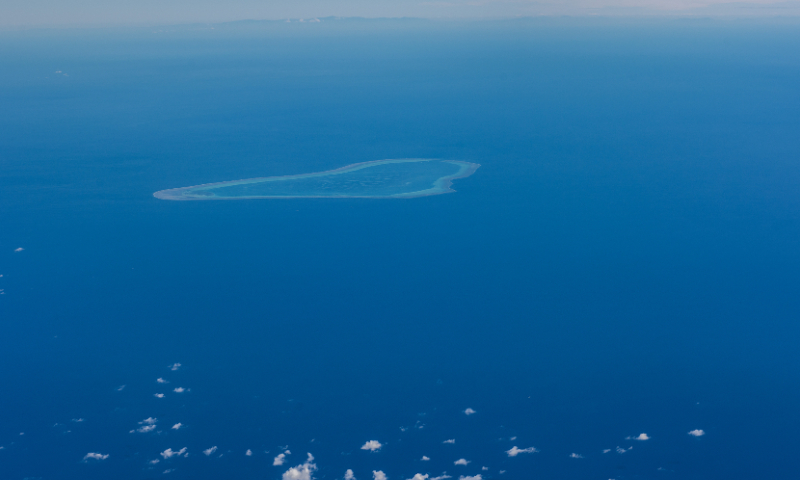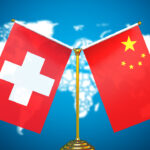In the first joint exercises between the two countries, Australian and Filipino troops held drills on Friday near flashpoint South China Sea waters and plan to conduct more joint patrols at a time when tensions between China and the Philippines have been escalated.
Australia’s intention is to assume the role of a “small America” or a “minor hegemon” in the Indo-Pacific region at the cost of being instrumentalized and weaponized by the US, while the reckless provocation to China will only harm its own interests in the long run, experts warned.
Simulating the scenario of “retaking an enemy-controlled island,” Friday’s drills took place at a naval base about 240 kilometers east of Huangyan Island, according to AFP, with more than 2,000 Australian and Philippine defense personnel participating in amphibious landing and air assault drills.
Australian Defense Minister Richard Marles, who is visiting the Southeast nation, said there was a “significantly growing defense relationship” between the two countries, calling for more patrols alongside the Philippine Navy.
The joint exercises serve a prelude to Australian Prime Minister Anthony Albanese’s upcoming visit to the Philippines next month, which will mark the first visit by an Australian leader to the country in 20 years. The two sides are set to discuss defense cooperation, local media reported on Friday.
With tensions escalated between Beijing and Manila in recent days, Albanese’s plan to visit the Philippines is a clear indication of Australia’s alignment with the strategic intentions of the US – to further provoke and incite Philippine’s provocations, experts said.
Chen Xiangmiao, director of the World Navy Research Center at the National Institute for South China Sea Studies, told the Global Times on Friday that the move is backed by the US with Australia’s own interests in play. While coordinating with the US’ strategy to get more control of the first and second island chains, Canberra is also seeking to extend its sphere of influence northward from its original focus on the South Pacific.
Additionally, Canberra believes the changing security situation in the South China Sea has threatened its maritime security and strategic interests, the expert noted
Marles said while watching the drills that most of Australia’s trade goes through the South China Sea, and upholding international rules is a shared strategic interest with the Philippines, Reuters reported.
Chen Hong, director of the Australian Studies Center at East China Normal University, told the Global Times on Friday that Australia’s intention is to assume the role of “small America” or a “minor hegemon” in the Indo-Pacific region. To achieve this goal, it is willing to position itself as a strategic pawn of the US, and willing to be instrumentalized and weaponized by the US.
Step by step, Australia has progressively embarked on a path of military expansion as it aligned itself with the strategic blueprint of the US, evident in its procurement or construction of nuclear-powered submarines under the AUKUS agreement, and the acquisition of a series of military assets in recent times, the expert said.
Chen Hong further warned that, given there exists no historical conflicts or territorial disputes between China and Australia, the latter’s involvement in matters concerning China’s sovereignty and territorial integrity is an extremely imprudent and reckless action, which will only harm Australia’s interests in the long run.
Chen Xiangmiao said that under the overarching US Indo-Pacific strategy, particularly the focus on enhancing integration between the first and second island chains, the collaboration between the Philippines and Australia is poised to expand further in both scope and intensity.
Beyond the joint military exercises, the two sides may establish other defense-oriented partnerships including intelligence sharing and personnel training, said Chen.
(Global Times)




